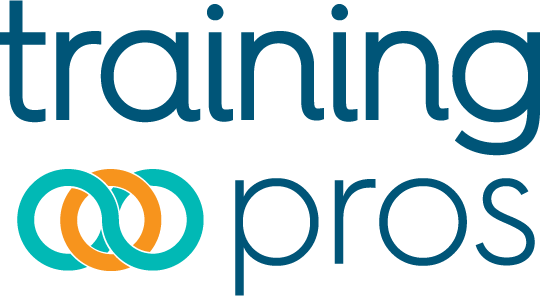Ensuring Robust A Robust Training Program in the Post Event Phase
Successful compliance training requires a robust program which incorporates regulatory challenges and trainee feedback. To gain this insight, training experts rely heavily on the post-training phase which allows for both program and corporate evaluation. For compliance training, specifically, this feedback is extremely important to help companies avoid compliance complaints, both internally and externally.
The information gained during the post-training phase can be a major tool in program planning and preparation. Training knowledge retention and engagement rates may indicate program strengths and weaknesses as well as compliance risks within an organization. This may enable compliance leaders to substantially decrease these concerns and incorporate this information into a training program to avoid repeated risks. To gain a better understanding of compliance success and measurement, we sat down with multiple training leaders in anticipation of the 2017 Life Science Compliance Training Conference. For these executives, the post-training landscape relies on two factors:
Measuring Retention
Methods for analyzing training results vary heavily throughout the life science industry. For some trainers, immediate and basic insight is necessary to begin program optimization, while some prefer to gain deeper, more complex insight over a longer time period. Utilizing these techniques together may be the best route to fully defined audience feedback.
Simple surveys render immediate results which may answer questions about retention rates and basic compliance comfort levels. In addition to a post-training surveys, compliance trainers should consider by leveraging other training data resources like electronic learning systems (ELS). By employing electronic learning systems to track and document training deadline milestones and plot training completion rates periodically, trainers can assess policy and procedure awareness by employee segment, sites, and function. Most ELS systems can also provide an examination scoring mean to identify specific exam questions that a certain percentage of employees failed. These results can then allow for either correction of the examination by the trainer, via the ELS system, or supplemental ELS training.
In addition to planned evaluations, training managers and compliance leaders should keep track of compliance claims, either through anonymous compliance helpline inquiries or personal claims. These indicate that trainees are comfortable applying training information and recognizing noncompliant behavior in the workplace. This enables training managers to incorporate claim solutions into their program.
Program Revision
These metrics may enable compliance leaders to determine not only how effective their program is, but how well the entire enterprise is following compliance regulation. With this information, trainers are able to see the exact aspects of their training programs which are working, and those which may need revision.
A focus on post-training information indicates a vested interest in continued employee education. Using these metrics to determine training information or deliverables that employees may find useful could help training leaders further optimize programs to increase information retention and engagement. The benefits of these post-training metrics is clear. Through simple surveys and more intricate multi-step evaluations, training experts can easily determine necessary changes and additions to training. Along with program changes, they can also ascertain whether non-compliant behavior occurs at the managerial level.
Compliance training has many obstacles. One of the biggest challenges is measuring retention and everyday compliance strength. The post-training phase is imperative to obtaining this information. Post-training metrics can easily pinpoint which trainees are struggling with the provided materials, which trainees are succeeding, and possible solutions for closing this gap. To learn more about compliance training’s most pressing challenges and practical solutions, register for the 2nd Annual Life Science Compliance Training Conference, May 4-5, in Chicago, IL.





